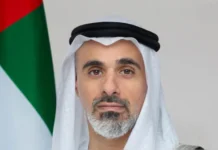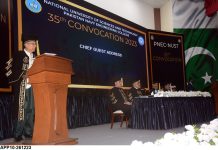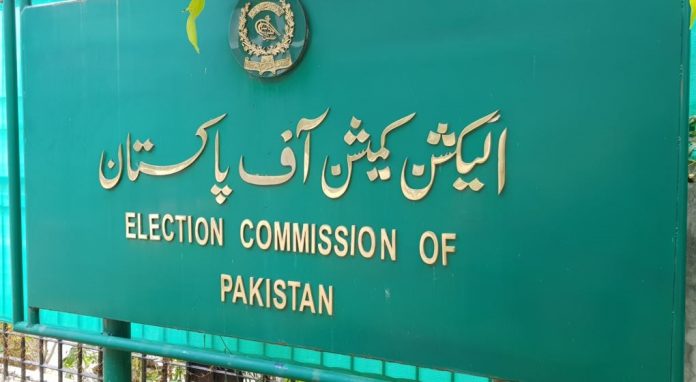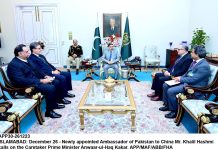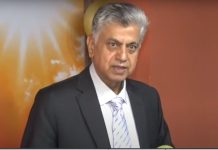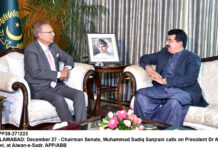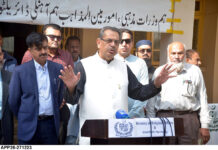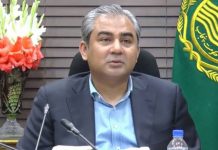
Afghan Foreign Ministry alleged on Monday that ambassador Mashal was ‘summoned’ by Pakistan’s premier intelligence agency, terming the move ‘in clear contradiction with the diplomatic norms and principles’.
However, the Foreign Office in a statement on Tuesday said Pakistan extends due respect and courtesies and expects that the foreign envoys conform to the established diplomatic norms and principles. An FO statement said Pakistan has conveyed its concern to the Afghan government over ‘systematic harassment of the personnel of Pakistan’s diplomatic missions in Afghanistan over the past few days’. “We urge the Afghan authorities to take immediate steps to ensure safety and security of the personnel of Pakistan’s diplomatic Missions in Afghanistan,” the statement said.
Afghan envoy in Islamabad returns to Kabul
In Kabul, Afghan senators urged the government to summon Pakistani ambassador in Kabul and approach the UN Security Council about Islamabad’s ‘violation of diplomatic norms’. Pakistan has stopped visa operations in Kabul amid diplomatic row days after Afghanistan closed its consulate in Peshawar. Afghan foreign ministry announced on Monday to ‘seriously investigate’ Pakistan’s claim as Afghanistan is ‘committed to providing safety to the diplomats of Pakistan as well as other diplomats in the country’.
Afghan sources in Islamabad said ambassador Mashal has returned to Kabul to brief his government about the situation.
The ongoing blame game is a violation of the principles of a bilateral mechanism known as Afghanistan-Pakistan Action Plan for Peace and Solidarity (APAPPS).
APAPPS was established in May 2018 to provide a comprehensive and structured framework for institutional engagement in diverse areas of bilateral cooperation between Pakistan and Afghanistan. The framework comprises five working groups focused on politico-diplomatic, military-to-military coordination, intelligence cooperation, economy and refugee issues.

